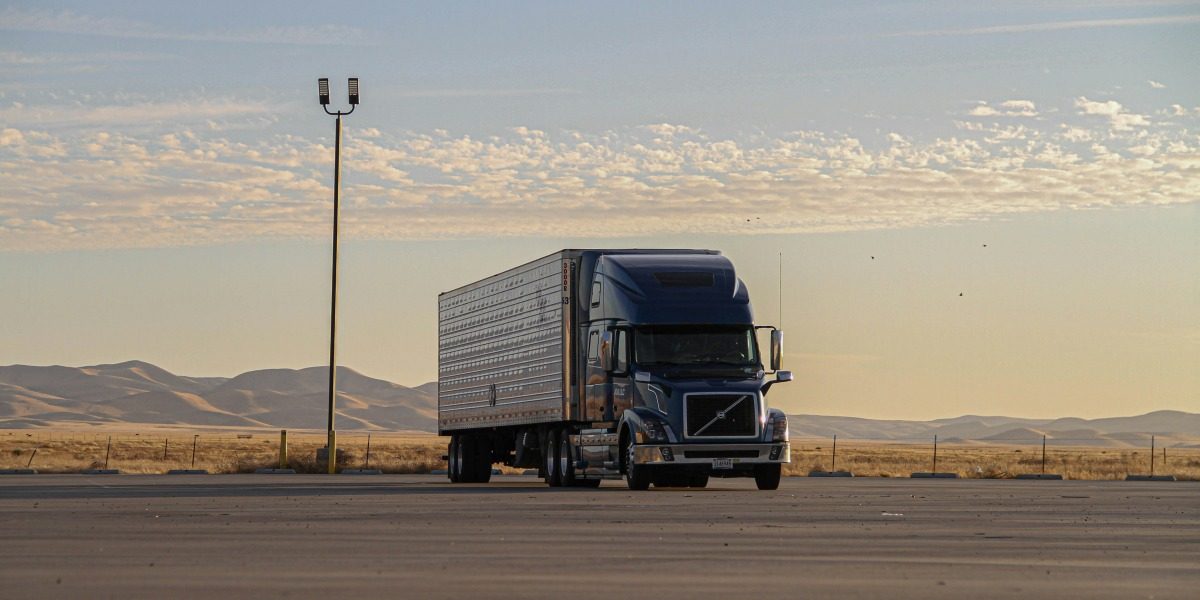A truck accident can leave victims with life-changing injuries, a mountain of medical bills, and emotional distress. Seeking compensation should be straightforward, but trucking companies and their insurers often make the process difficult. Victims have the burden of proving liability, negotiating with insurance adjusters, and overcoming legal hurdles that can delay or significantly reduce their settlement. Without strong legal representation, these challenges can feel like a nightmare.
If you’ve been hurt in a truck accident, you may consider taking legal action to recover damages. Working with an experienced truck accident lawyer in Denver can make a substantial difference in the outcome of your case. However, understanding your obstacles is crucial before moving forward with a claim.
Proving Liability in a Truck Accident Case
Establishing fault in a truck accident claim requires more than proving that a crash occurred. Victims must provide clear evidence that the truck driver, trucking company, or another party acted negligently. This can be more complicated than a typical car accident case because multiple parties may share responsibility.
Trucking companies often have legal teams whose sole purpose is minimizing liability. They may argue that the driver was solely at fault, the victim was partially responsible, or that an external factor, such as road conditions, contributed to the crash. Proving negligence requires gathering evidence like driver logs, black box data, and maintenance records, which trucking companies are often reluctant to share.
Dealing With Insurance Companies
Trucking companies carry extensive insurance policies, but that does not mean they willingly pay fair compensation. Their insurers focus on protecting their bottom line, often making low settlement offers or denying claims altogether. Honest accident victims may deal with aggressive insurance adjusters who use tactics designed to reduce payouts.
Insurance companies are very well-known for trying to shift blame onto the injured party by arguing that their injuries were pre-existing or that they contributed to the crash. They may also delay the claims process, hoping victims will accept a lower settlement out of financial desperation. Knowing how to counter these strategies is essential to securing the compensation you deserve.
Federal and State Regulations Impact the Case
Trucking companies and drivers must comply with strict federal and state regulations. These rules govern driver work hours, vehicle maintenance, and cargo weight limits. When a truck accident occurs, determining whether any violations contributed to the crash can be a key factor in proving negligence.
However, trucking companies do not always disclose regulatory violations willingly. They may attempt to hide or alter records to protect themselves. Victims and their attorneys must act quickly to obtain critical evidence before it is lost or destroyed. Understanding these regulations and how they apply to accidents is vital for building a strong case.
Challenges in Calculating Damages
Accurately determining the value of a truck accident claim is another challenge. Medical bills, lost income, and vehicle damage are just the beginning. Victims may also be entitled to compensation for pain and suffering, emotional trauma, and long-term disabilities.
Insurance companies often dispute the extent of damages. They may argue that medical treatments are unnecessary or that future costs are exaggerated. Proving an accident’s full impact requires medical records, expert testimony, and detailed financial documentation. Without proper evidence, victims risk receiving less compensation than they need to cover their losses.
Key Obstacles in a Denver Truck Accident Lawsuit
Several factors can make a truck accident lawsuit difficult to win. Understanding these challenges can help victims prepare for the legal process.
- Multiple liable parties: Liability may involve the truck driver, the trucking company, a vehicle manufacturer, or a third-party contractor.
- Aggressive defense strategies: Trucking companies and their insurers have lawyers working to minimize payouts.
- Complex evidence gathering: Proving negligence often requires obtaining black box data, truck maintenance records, and driver logs.
- Comparative negligence laws: Colorado follows a modified comparative negligence rule, which means compensation will be lowered if the victim is found partially at fault.
- Statute of limitations: Accident victims must file a lawsuit within the required legal timeframe or risk losing their right to seek compensation.
Why Legal Representation Is Critical
Truck accident victims often face an uphill battle when pursuing compensation. Trucking companies and their insurers usually have extensive resources to fight claims, and without legal representation, victims may struggle to secure a fair outcome.
An experienced Denver truck accident lawyer understands the legal strategies trucking companies use and knows how to counter them. They gather crucial evidence, negotiate with insurers, and represent victims in court if necessary. By hiring a knowledgeable attorney, victims improve their chances of getting full and fair compensation for their injuries and losses.
Take Action to Protect Your Rights
If you have been injured in a truck accident, waiting too long to take action can hurt your case. Evidence may disappear, witnesses’ memories may fade, and insurance companies may pressure you into accepting an unfair settlement. Contacting a trusted attorney as soon as possible ensures that your rights are saved and you have the best chance of securing the compensation you deserve.
Disclaimer: “The content in this article is provided for general knowledge. It does not constitute legal advice, and readers should seek advice from qualified legal professionals regarding particular cases or situations.”
Published by Stephanie M.

















